September 25th, 2025
by Keith Birdsong
by Keith Birdsong
As we close this series on the Bible, I want to remind us of the heart behind it all.
Paul says in 1 Corinthians 14:19,
Paul says in 1 Corinthians 14:19,
"Yet in the church I had rather speak five words with my understanding, that by my voice I might teach others also, than ten thousand words in an unknown tongue."
God’s desire is that His Word would be known, loved, and understood. The Bible was never meant to be locked away in obscurity, but to be read, explained, and applied so that it can change lives.
That conviction has guided us through these lessons:
Revelation – God makes Himself known.
Inspiration – God’s Word is God-breathed.
Inerrancy – God’s Word is true and trustworthy.
Canonicity – God gave us the right books.
Preservation – God has kept His Word intact through history.
Transmission – God’s Word has been faithfully copied and carried down.
Translation – God’s Word is meant to be understood in every language.
Illumination – God’s Spirit opens our eyes to see and believe His Word.
From start to finish, the story of the Bible is that God wants His people to know what He has said.
That conviction has guided us through these lessons:
Revelation – God makes Himself known.
Inspiration – God’s Word is God-breathed.
Inerrancy – God’s Word is true and trustworthy.
Canonicity – God gave us the right books.
Preservation – God has kept His Word intact through history.
Transmission – God’s Word has been faithfully copied and carried down.
Translation – God’s Word is meant to be understood in every language.
Illumination – God’s Spirit opens our eyes to see and believe His Word.
From start to finish, the story of the Bible is that God wants His people to know what He has said.
After 1611
The King James Bible was a tremendous gift to the church, but it was not the end of the story. The edition of the King James most of us use today is actually a 1769 revision, cleaned up from the original 1611 printing.
Since then, God has allowed us to discover thousands of manuscripts that the KJV translators never had access to. From the Dead Sea Scrolls to Codex Sinaiticus, about two-thirds of what we know today about biblical manuscripts came to light after 1611.
That means our confidence in the preservation of the Bible has even greater evidence now than it did 400 years ago!
And so, new translations emerged—first the English Revised Version (1881), then the American Standard Version (1901), and later others—each seeking to capture God’s Word with accuracy and clarity for the people of that day.
Since then, God has allowed us to discover thousands of manuscripts that the KJV translators never had access to. From the Dead Sea Scrolls to Codex Sinaiticus, about two-thirds of what we know today about biblical manuscripts came to light after 1611.
That means our confidence in the preservation of the Bible has even greater evidence now than it did 400 years ago!
And so, new translations emerged—first the English Revised Version (1881), then the American Standard Version (1901), and later others—each seeking to capture God’s Word with accuracy and clarity for the people of that day.
The King James Only Question
It was in this period that the KJV-Only movement began to take shape. Some Christians began to see the King James Bible not just as a beloved translation, but as the final and only acceptable English Bible.
But the King James translators themselves did not think this way. They saw their work as one step in a much larger work of God’s Word being translated, and they expected that others would carry on the work after them.
But the King James translators themselves did not think this way. They saw their work as one step in a much larger work of God’s Word being translated, and they expected that others would carry on the work after them.
Honoring the Past, Moving Forward
The King James Bible will always have a treasured place in our lives and in church history. Its beauty, influence, and faithfulness are unmatched. But the authority of God’s Word is not bound to one edition or translation. Its authority rests in the inspired Scriptures themselves, faithfully preserved and joyfully received in every tongue.
The Journey Continues
This series has taken us from God’s act of revelation to the Spirit’s gift of illumination. We’ve seen how the Bible was written, preserved, translated, and handed down.
And now we stand where countless generations have stood before us: with God’s Word in our hands, and God’s Spirit in our hearts.
May we treasure it, read it, and live it—for His glory and for the good of generations to come.
And now we stand where countless generations have stood before us: with God’s Word in our hands, and God’s Spirit in our hearts.
May we treasure it, read it, and live it—for His glory and for the good of generations to come.
- Pastor Keith

1 Comment
This was a great study, and very helpful for being equipped to explain the authenticity of the Bible. Brushing up on the apologetics side for our faith but also bringing light to the Bible translations topic. The Lord wants us to have a relationship with Him, and understanding His word is such a big part of that. Thank you for sharing!